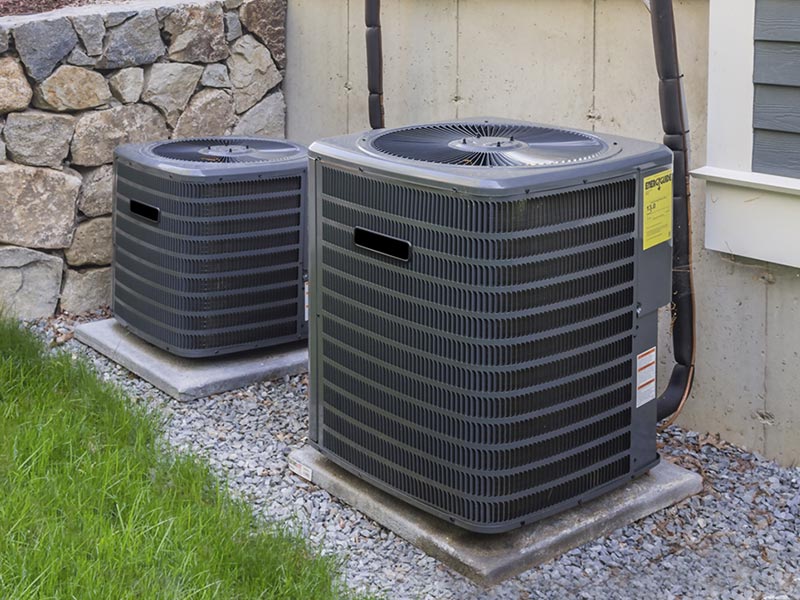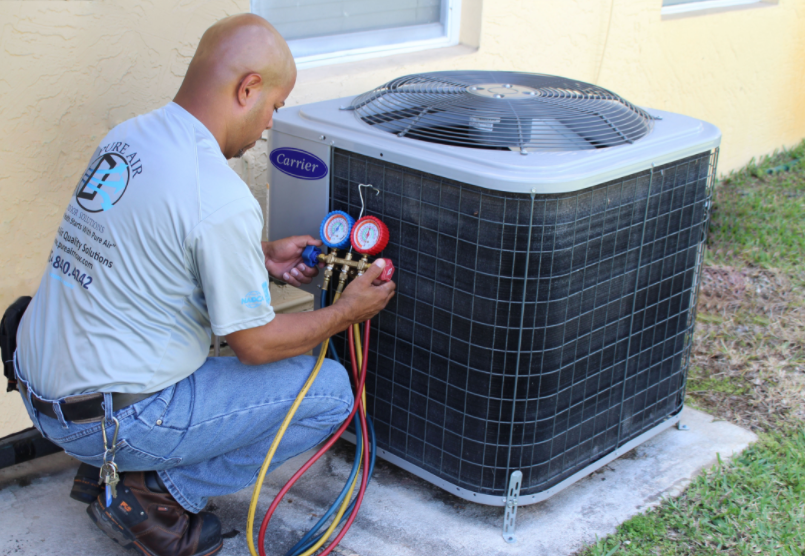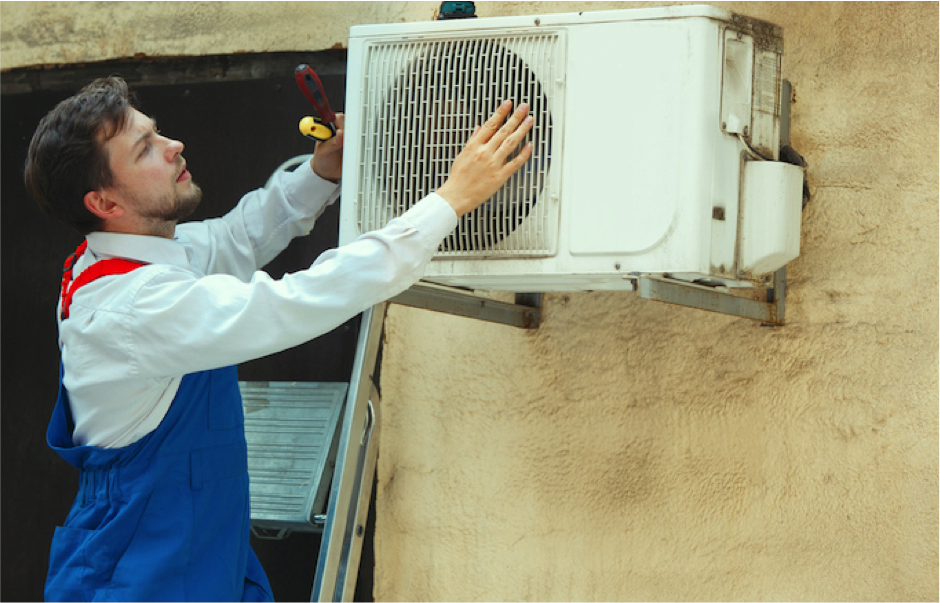There are many misconceptions about how HVAC systems work!
 Photos by: Stock Images
Photos by: Stock Images
Although many people have heating and cooling in their homes, they may not know how they work. As the many myths surrounding HVAC systems add to their lack of knowledge, homeowners become even more confused.
While myths are easy to believe, especially when they are aimed at improving efficiency and saving energy costs, it is better to research the best maintenance and efficiency options to ensure the functionality and longevity of your system. That can help you Get the most out of your HVAC system. Common HVAC myths debunked below.
1. Filters can only be replaced once a year
If you decide to wait a full year to replace the filters on your HVAC system, they can get very dirty. Airborne particles such as dirt, grime, and dust can build up in your filters every day. Dirty filters limit airflow and cause your system to work harder, which increases utility bills.
To ensure the energy efficiency of your cooling and heating system and to keep your indoor air clean, you should change your filters every few months. Researching the best HVAC filterto improve indoor air quality and make the system more efficient.

2. Decreasing or increasing the thermostat temperature can cool or heat your home quickly
Regardless of whether you decrease or increase the set temperature on your thermostat, it will take the same amount of time to cool or heat your home. However, a dramatic increase or decrease in thermostat temperature increases energy consumption and, consequently, utility bills.
3. If your air conditioner is fine, you don't need to call a professional
HVAC systems are made up of many parts including coils, belts, p-traps, and motors that should always be in good condition for high efficiency. If you keep up with regular maintenance, you can spot a problem before it can lead to failure or expensive repairs. In addition, regularly HVAC maintenance enables a longer service life for your system while at the same time ensuring energy efficiency.
4. The bigger the HVAC system, the better
You might be tempted to buy the largest HVAC system possible, but if your space is too small, the system will turn it on and off too quickly and too often, costing you more money and wearing out the system faster. In addition, a large system can make your home more humid because the heating and cooling system cannot run long enough to remove moisture from the air. to Get the size that best fits your home, contact an HVAC specialist. When buying an air conditioner, consider the age of your home, the number of people living in your home, the climate zone, and the square footage.

5. The location of your thermostat is not important
A thermostat acts as the HVAC brain. It tells the system when to turn it on and off. For this reason, the placement of your thermostat is essential if you want to get the overall accurate temperature readings of your home. Placing them in direct sunlight, near ventilation openings, next to windows, or near kitchen appliances is not a good idea because temperatures will not reflect the temperature of the entire house.
6. Final grade
With the help of the above debunked myths and continuous learning, your HVAC can last longer, become more energy efficient, and reduce your utility bills.




